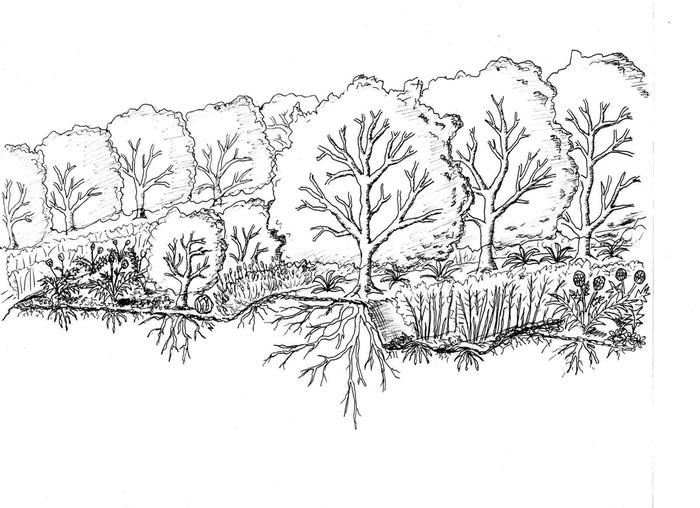




Kevin EarthSoul (real, legal name)
Omaha, NE
 1
1








 1
1




Mountain Krauss wrote: So, it isn't a mistake to sell nutrients (in the form of food), it's a mistake to fail to replace them. Many of them will replace themselves with little effort on your part-- plants will fix carbon and nitrogen from the atmosphere, animals will synthesize vitamin D from sunlight, weather will bring water-- but others take more effort.
Mountain Krauss wrote: Many permaculturalists don't like to import materials, and there are many reasons for this-- disease, cost, labor. But I like to import material. So many nutrients are sent to landfills, where they can be of no use. So many nutrients are washed into the ocean, where they create dead zones miles wide. So many nutrients are burned into the atmosphere, where they contribute to breathing problems and climate change. So I like to capture some of this whenever possible.
Kevin EarthSoul (real, legal name)
Omaha, NE
 1
1




Kevin EarthSoul wrote:
Freakin' hippies and Squares, since 1986




Kevin EarthSoul wrote:What about Phosphorus and Potassium? Without buying NPK, how do we ensure that we maintain a neutral net loss/gain on these?
Pecan Media: food forestry and forest garden ebooks
Now available: The Native Persimmon (centennial edition)




Kevin EarthSoul (real, legal name)
Omaha, NE




Just me and my kids, off griddin' it - follow along our shenanigans at our YouTube Uncle Dutch Farms.




Come join me at www.peacockorchard.com
 1
1




Being poor is not okay, it’s not sustainable. If you’re will willing to live on $5,000 expendable income a year for the right and privilege to have good land and good animals, that’s fine, but it’s not sustainable. Your significant other is not going to want to that, and if they do, your children are not going to want to do that. And, when the day comes that you break your arm or leg, you’re not going to be able to do that.

|
I think she's lovely. It's this tiny ad that called her crazy:
montana community seeking 20 people who are gardeners or want to be gardeners
https://permies.com/t/359868/montana-community-seeking-people-gardeners
|





